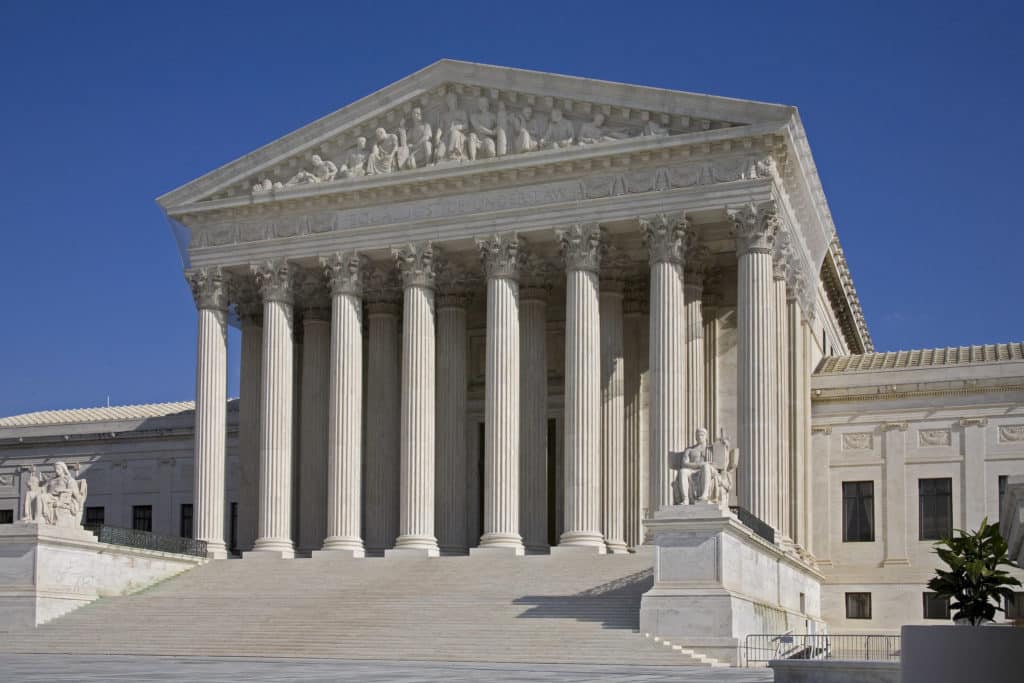Supreme Court Unanimously Supports Whistleblower under False Claims Act
Washington, D.C. June 16, 2016. In a unanimous ruling issued today, the United States Supreme Court upheld a whistleblower’s claim in Universal Health Services v. U.S. ex rel. Escobar. The Court, in an opinion by Justice Thomas, affirmed the “implied certification theory” of liability under the False Claims Act (FCA). This theory permits contractors to be liable for fraud when they fail to disclose material non-compliance with regulatory requirements.
Following the death of 17-year-old Yarushka Rivera resulting from a reaction to a medication, she had been prescribed by Arbour Counseling Services, a subsidiary of Universal Health Services, Rivera’s family learned that the “doctors” who had treated Rivera were in fact unlicensed.
The court unanimously rejected arguments raised by the healthcare industry, the U.S. Chamber of Commerce, and numerous business groups, that the False Claims Act only prohibited fraud that was “expressly designated” as a “condition of payment.” In laymen’s terms, the healthcare industry and its corporate allies had argued that the government should pay bills submitted by unlicensed and unqualified “doctors,” even though their misconduct resulted in the death of a child.
Stephen M. Kohn, qui tam attorney and Executive Director of the National Whistleblower Center, issued the following statement regarding the decision:
“The Supreme court got it right. The legal position taken by the Chamber of Commerce and the healthcare industry, in this case, was dumbfounding. Had the court agreed with the Chamber and its allies–that you can bill the taxpayers for the services of a so-called ‘doctor’ who was in fact unlicensed, and whose degree came from an unaccredited internet college, then the floodgates would be opened for fraud in government contracting.”
Kohn further elaborated on the broader implications of this by stating, “The arguments raised by the healthcare industry were particularly troubling because they would have permitted low-income persons who obtain medical services through Medicaid to obtain inferior and even life-threatening treatment.” Rivera was a recipient of Massachusetts’ Medicaid program.
The False Claims Act is the “most effective” whistleblower law in the United States. Acting Associate Attorney General Bill Baer, described the False Claims Act, and its whistleblower rewards provision (known as “qui tam”) as follows: “The False Claims Act and its qui tam provisions remain the government’s most effective civil tool in protecting vital government programs from fraud schemes, wherever they occur.” Since 2009 the United States taxpayers have recovered over $29.5 billion from fraudsters under the FCA.
Important links:
U.S. Supreme Court’s Decision: Universal Health Services v. U.S. ex rel. Escobar
